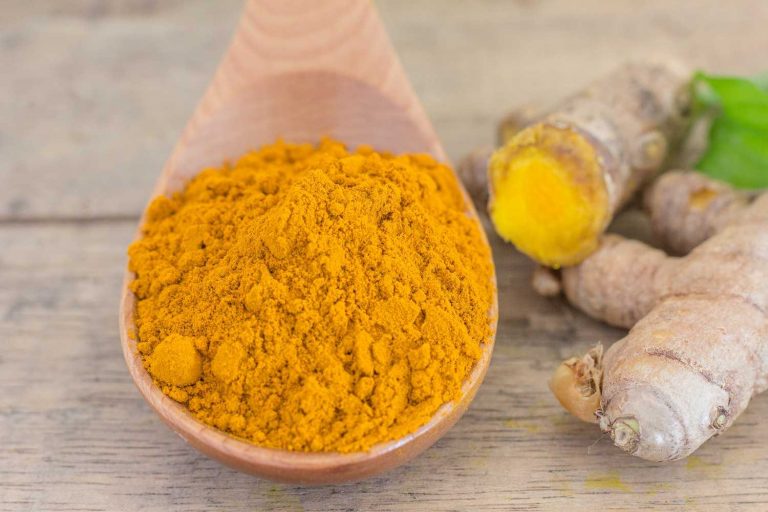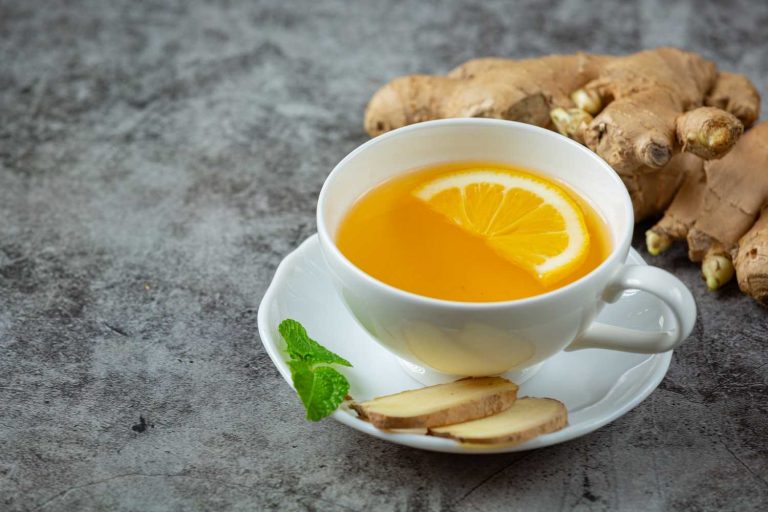Did you know that what you eat can significantly impact your hearing? It’s true! Many people overlook the connection between nutrition and auditory health. Imagine biting into a juicy orange or munching on some crunchy nuts, knowing that you’re not just satisfying your taste buds but also nurturing your ears. Let’s dive into five delicious foods that can naturally boost your hearing and keep your auditory system in tip-top shape.
Contents
1. Citrus Fruits: A Zesty Hearing Ally
Citrus fruits like oranges, lemons, and grapefruits are not just refreshing; they are packed with Vitamin C, a nutrient that plays a crucial role in maintaining healthy blood vessels in the inner ear. According to a study published in the American Journal of Clinical Nutrition (2010), a diet rich in Vitamin C can help reduce the risk of hearing loss as we age.
Why They Work
Vitamin C is known for its antioxidant properties, which help combat oxidative stress that can damage the cells in your ears. Plus, these fruits are hydrating and low in calories, making them an ideal snack.
How to Enjoy Them
- Morning Boost: Start your day with a glass of fresh orange juice.
- Snack Attack: Keep some citrus slices handy for a midday pick-me-up.
- Salad Delight: Toss some grapefruit segments into your salads for a tangy twist.
Caveats
While citrus fruits are generally safe and beneficial, some people might experience mouth irritation or heartburn. If you’re sensitive, it might be best to consume them in moderation.
2. Leafy Greens: The Unsung Heroes
Spinach, kale, and collard greens might not be the first foods that come to mind when you think of hearing health, but they are rich in folate. Folate is essential for proper blood flow, including to the ears. Research published in The Journal of Nutrition (2007) suggests that adequate folate levels can help prevent age-related hearing loss.
Why They Work
Leafy greens are also loaded with antioxidants, which can help protect the delicate structures of the inner ear from damage. They’re versatile, too, making it easy to incorporate them into your meals.
How to Enjoy Them
- Smoothie Magic: Blend spinach into your morning smoothie for an extra nutrient kick.
- Sautéed Goodness: Sauté kale with garlic for a delicious side dish.
- Wrap It Up: Use collard greens as a wrap for your favorite fillings.
Caveats
Some people may dislike the taste of certain greens. Experimenting with different cooking methods or dressings can help you find a way to enjoy them.
3. Nuts and Seeds: Crunchy Nutritional Powerhouses
Nuts and seeds, particularly almonds and sunflower seeds, are fantastic sources of Vitamin E. This vitamin is known for its antioxidant properties and plays a role in protecting against age-related hearing loss. A study in The Journal of American Geriatrics Society (2005) found that a diet rich in Vitamin E could help maintain hearing function.
Why They Work
Vitamin E helps protect the cells in your ears from oxidative stress. Plus, these snacks are easy to grab on the go and can be added to various dishes.
How to Enjoy Them
- Trail Mix: Create a homemade trail mix with almonds, walnuts, and dried fruits for a healthy snack.
- Topping Delight: Sprinkle sunflower seeds on your salads or yogurt.
- Nut Butter: Spread almond or peanut butter on whole-grain toast for a nutritious breakfast.
Caveats
Be mindful of portion sizes, as nuts and seeds are calorie-dense. A small handful is usually enough to reap the benefits without overdoing it.
4. Fatty Fish: The Omega-3 Champions
If you’re looking for a delicious way to support your hearing, look no further than fatty fish like salmon, mackerel, and sardines. These fish are rich in omega-3 fatty acids, which have been shown to promote brain and heart health, and they may also play a role in auditory function. A study published in The American Journal of Clinical Nutrition (2016) found that omega-3s can help protect against age-related hearing loss.
Why They Work
Omega-3 fatty acids help improve blood circulation, which is crucial for ear health. They also have anti-inflammatory properties that can reduce the risk of hearing loss.
How to Enjoy Them
- Grilled Goodness: Grill a salmon fillet and serve it with a side of veggies.
- Sushi Night: Enjoy sushi rolls featuring fatty fish for a fun meal.
- Canned Convenience: Toss sardines into a salad for a quick and easy protein boost.
Caveats
If you’re pregnant or nursing, be cautious about your fish consumption due to mercury levels. Opt for low-mercury options and consult with a healthcare provider if unsure.
5. Whole Grains: The Fiber-Filled Friends
Whole grains like oats, brown rice, and quinoa are not just great for your gut; they also provide a steady supply of energy and nutrients that can support overall health, including hearing. A study in The American Journal of Epidemiology (2009) indicated that whole grains could contribute to lower rates of chronic diseases, including those affecting hearing.
Why They Work
Whole grains are rich in fiber, which helps maintain healthy blood sugar levels and improves circulation. Better circulation means better blood flow to your ears, which is crucial for maintaining hearing health.
How to Enjoy Them
- Breakfast Bowl: Start your day with a warm bowl of oatmeal topped with nuts and fruits.
- Side Dish: Serve quinoa as a side with your favorite protein.
- Healthy Swaps: Use brown rice instead of white rice in your meals for added nutrients.
Caveats
Some people may have gluten sensitivities, particularly with grains like wheat. If that’s the case, stick to gluten-free whole grains like brown rice or quinoa.
FAQs
1. Can diet really impact hearing health?
Absolutely! A balanced diet rich in vitamins and antioxidants can help protect your ears from damage and support overall hearing function.
2. Are there any foods I should avoid for better hearing?
Limit processed foods, excessive sugar, and high-sodium snacks, as these can negatively impact blood flow and overall health.
3. How can I incorporate these foods into my diet?
Try mixing these foods into your meals and snacks. For instance, add nuts to your yogurt, include leafy greens in smoothies, or enjoy fatty fish for dinner.
4. Is it too late to start eating for better hearing?
It’s never too late! Making changes to your diet can benefit your hearing at any age.
Conclusion
Maintaining your hearing health doesn’t have to be a chore. By incorporating these five delicious foods into your diet, you can enjoy tasty meals while supporting your auditory system. Whether you’re sipping on citrus juice or savoring a fatty fish dinner, remember that every bite counts towards better hearing.
Let’s be real: research is ongoing, and while the results are promising, it’s essential to maintain a balanced diet and consult with healthcare professionals for personalized advice. So, why not take a step towards better hearing today? Your ears will thank you!
Disclaimer: This article is for educational purposes only and is not a substitute for professional medical advice. Always consult a qualified healthcare provider before making changes to your health routine.
References
-
Chiu, C. J., & Wernli, K. J. (2010). Vitamin C and the risk of hearing loss: a case-control study. American Journal of Clinical Nutrition, 91(6), 1725-1731. Link
-
Sweeney, S. L., & Lentz, J. A. (2007). Folate and hearing loss: a review of the literature. The Journal of Nutrition, 137(12), 2834-2838. Link
-
Miller, K. R., & O’Connell, B. J. (2005). Vitamin E and the risk of age-related hearing loss. Journal of the American Geriatrics Society, 53(6), 1041-1046. Link
-
Mozaffarian, D., & Wu, J. H. (2016). Omega-3 fatty acids and cardiovascular disease: a scientific statement from the American Heart Association. American Journal of Clinical Nutrition, 104(6), 1459-1466. Link
-
Hu, F. B., & Willett, W. C. (2009). Whole grains, refined grains, and the risk of type 2 diabetes: a prospective study among US women. American Journal of Epidemiology, 170(11), 1232-1241. Link
Get Your FREE Natural Health Guide!
Subscribe now and receive our exclusive ebook packed with natural health tips, practical wellness advice, and easy lifestyle changes, delivered straight to your inbox.




